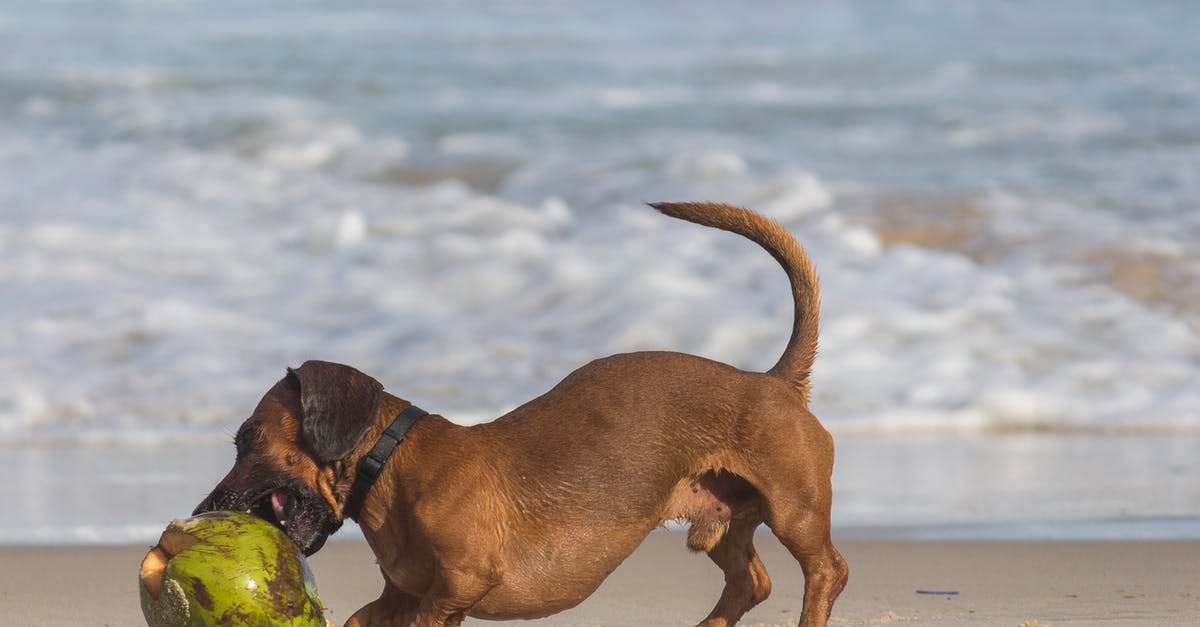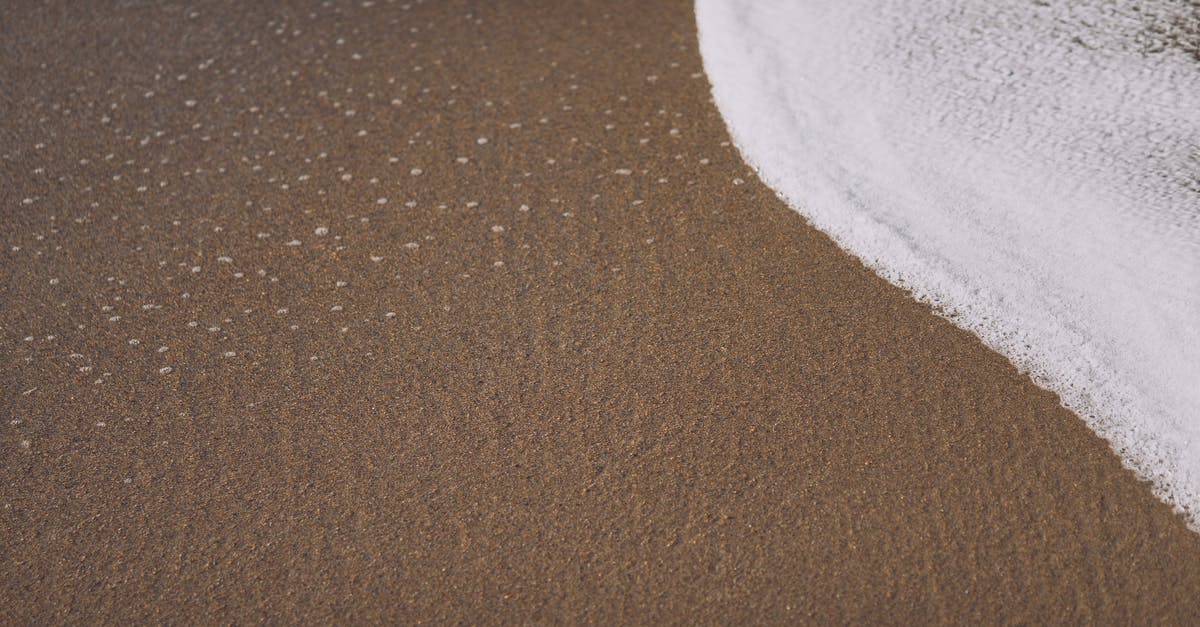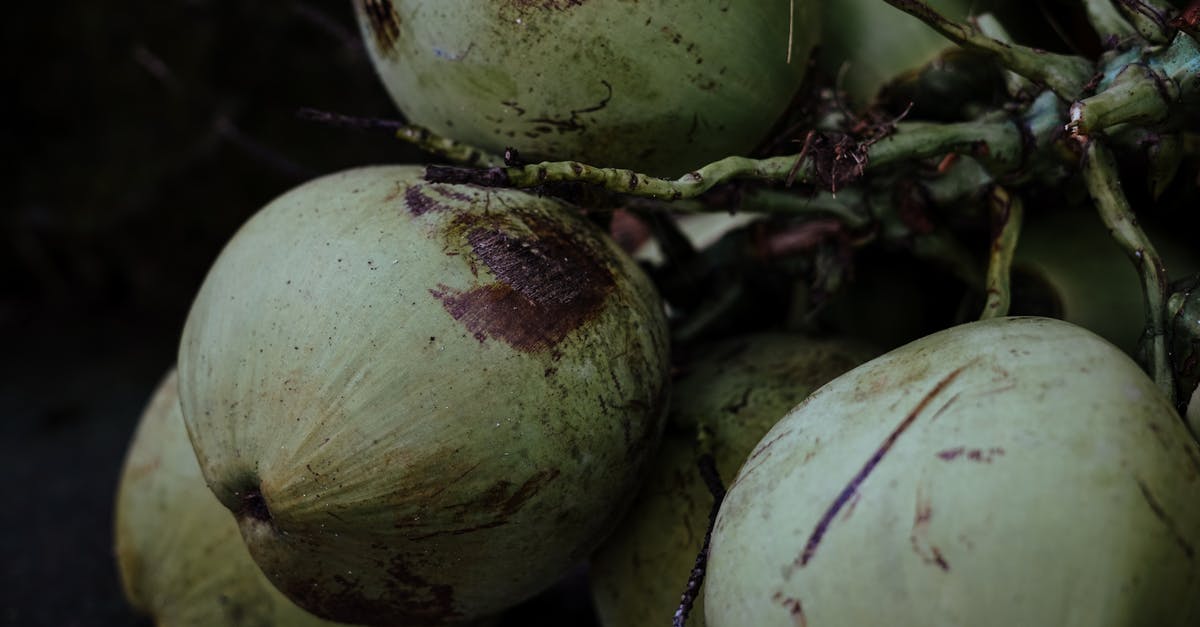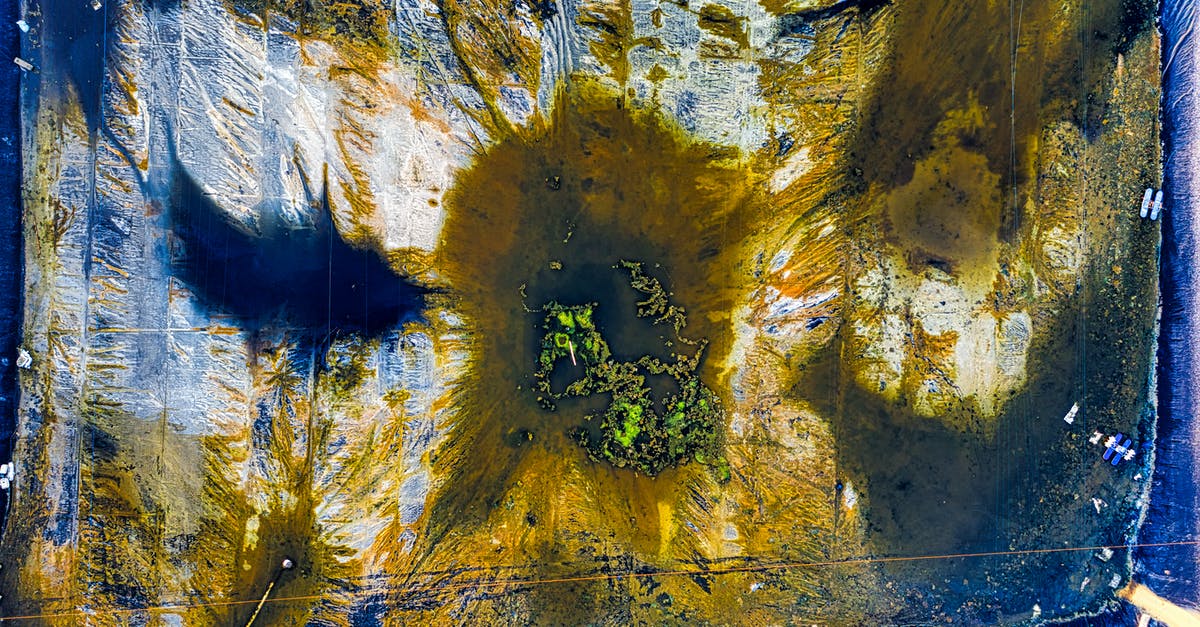Coconut Water from White vs Brown Coconuts



The warning label on each coconut describes how to treat the water within each. The water on the brown coconut is to be discarded; the water on the white coconut is safe for consumption.
In what ways is the water from the brown coconut different than that of the white coconut?
Best Answer
Phew, too long for a comment.
The liquid of (young?) coconuts is sterile and can even be used for transfusions. The abstract of the linked article doesn't say anything about the sterility of older coconuts. I assume that the older coconuts (esperically the peeled ones) are not sterile anymore. This not very trustworthy looking website (this article is written by someone who sells coconut-related products...) says the liquid of older coconuts tastes sour.
If I search for "brown coconut juice sour" (both in English and in German) I get results (of ...well, not very trustworthy websites, too) that say the juice ferments if stored for too long. 1 Then, the highest rated answer on Yahoo Answers makes sense:
The longer a coconut stays and ages on the palm, the stronger and sharper its flavor gets...pick it early at the right age, but store it for an awfully long time, the flavor fades OR if it's a high-sugar variety, then it turns sour fast.
If I search for "brown coconut juice sour ferment" I get (among many, many results about coconut juice-based kefir) an article of the Cincinnati Herald by Timothy Moore:
The fruit itself has a very short life span and likewise must not come into contact with oxygen for too long. Fermentation will begin and the coconut and water will taste sour and smell. It will attract bacteria and complications will arise after it is digested.
The commercialization of coconut water prevents it from fermenting and souring as quickly as the natural fruit.[...]
If you are shopping for a coconut, don’t be afraid to ask how long the fruit was transported or how old the coconut is? In some cases, ask if you can open the coconut to be on the safe side. You don’t want to leave the store with a bad coconut.
On the one hand I would to take this article with a pinch of salt since the description of the author at the end of the article sound quite sensationalistic - on the other hand this explaination sounds plausible.
1"Bei zu langer Lagerung wird das Kokoswasser sauer oder gärt." Translation: The coconut juice turns sour or even ferments if stored fo too long. Source.
Pictures about "Coconut Water from White vs Brown Coconuts"



Quick Answer about "Coconut Water from White vs Brown Coconuts"
The water also looses its sugar content. After husking, young coconut shells are white and quickly turn brown UNLESS treated in chemicals to keep them white for an extended period.. The water in an older, browner, coconuts is still safe to drink, just not as sweet. If the water is rancid, so is the coconut meat.Is brown or white coconut better?
The meat of the white coconut is considerably more moist and fresh than the meat of the more mature brown husked coconut and often has a floral fragrance. This is the best stage of coconut for cooking.Is coconut water supposed to be brown?
Due to high oxidation and heat, coconut water can turn from clear or slight white turbidity to brown. This is brought by complex reactions in its components. Typically, it is caused by phenolic oxidation, Maillard reaction and caramelization.Is white coconut water good for you?
Coconut water is filled with potassium, sodium and magnesium, making it a great option to help hydrate. It's also low in calories and is fat-free.What is the difference between Green and Brown Coconuts?
More answers regarding coconut Water from White vs Brown Coconuts
Answer 2
I have been in the coconut export business for over 6 years. Coconuts are either 'young' 7-9 months or 'mature' 11-12 months old at the time of harvest. If you want sweet water, the coconut is harvest young, when the sugar content and volume of water are at their peak.
As the coconut ages, the water is absorbed as the 'meat' in the coconut grows thicker. The water also looses its sugar content. After husking, young coconut shells are white and quickly turn brown UNLESS treated in chemicals to keep them white for an extended period.. The water in an older, browner, coconuts is still safe to drink, just not as sweet.
If the water is rancid, so is the coconut meat.
Answer 3
If it is unsanitary to drink the water of mature coconuts, it does stand to reason that the meat would also be contaminated. I have yet to find any information suggesting that harm may befall a consumer of said meat, fermented or not.
Sources: Stack Exchange - This article follows the attribution requirements of Stack Exchange and is licensed under CC BY-SA 3.0.
Images: Bruno Ticianelli, Maria Orlova, Afif Kusuma, Tom Fisk
